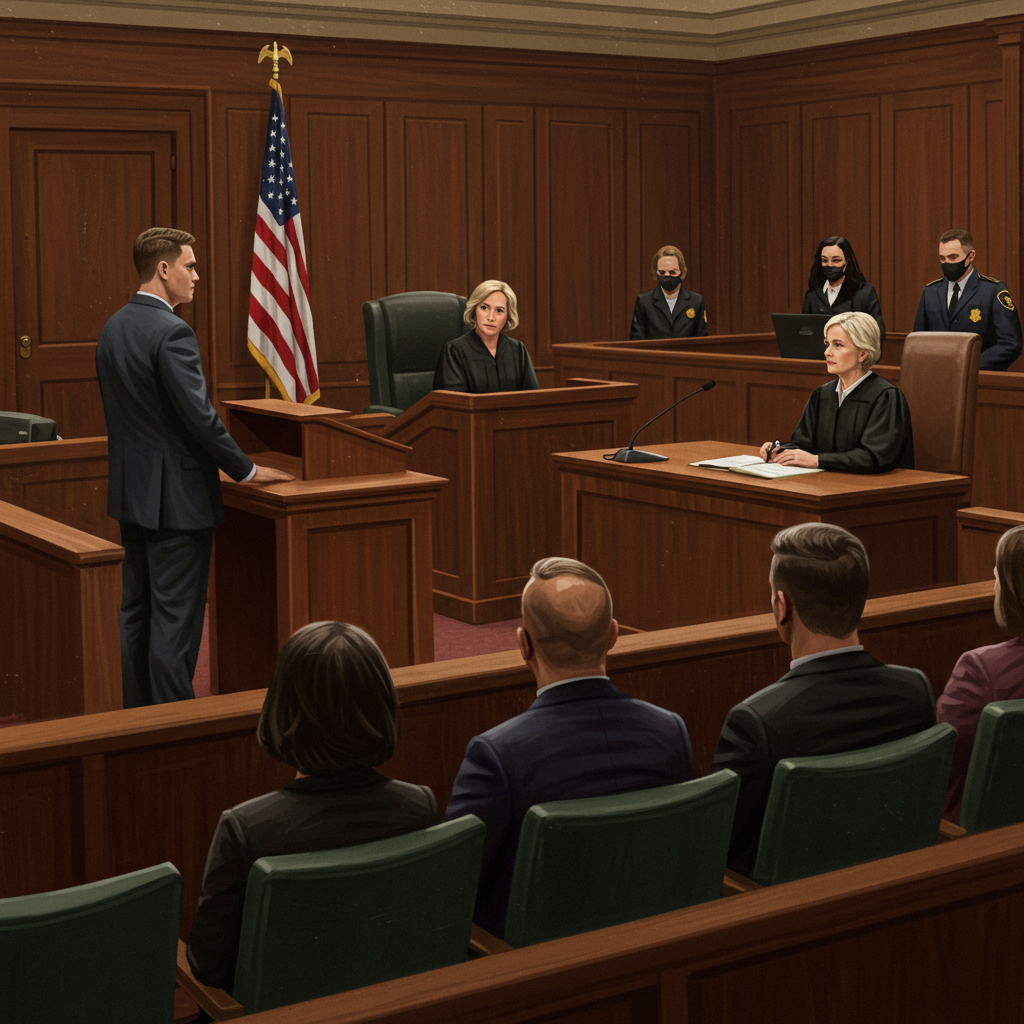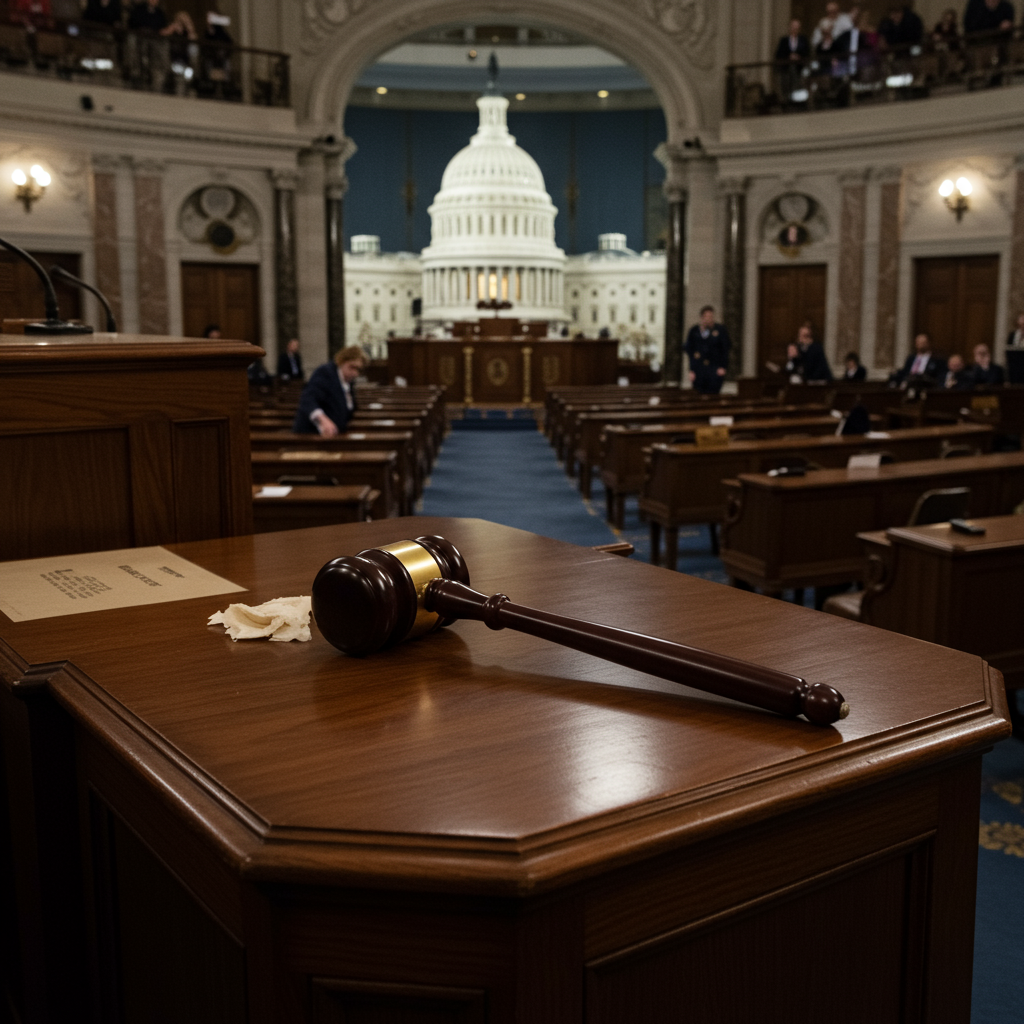Report: Trump Stepped In to Prevent Assassination of Iran’s Supreme Leader Amidst Escalation
Amidst a rapidly escalating conflict between Israel and Iran, reports from multiple sources, including U.S. officials speaking to news outlets, indicate that then-President Donald Trump reportedly rejected a high-stakes Israeli plan to assassinate Iran’s Supreme Leader, Ayatollah Ali Khamenei. This alleged intervention highlights a significant point of potential divergence in strategy between the two close allies during a period of intense hostility.
According to these reports, Israeli officials believed they had an opportunity to eliminate the top Iranian cleric following recent Israeli strikes targeting Iran’s nuclear program and other key sites. However, President Trump reportedly conveyed to Israeli Prime Minister Benjamin Netanyahu that he did not believe proceeding with such an action was a “good idea.”
Why the US Reportedly Objected
Sources close to the Trump administration offered insight into the reasoning behind the alleged veto. A senior U.S. official was quoted stating the administration’s position: “Have the Iranians killed an American yet? No. Until they do, we’re not even talking about going after the political leadership.” This suggests the U.S. assessed the potential blowback from assassinating Khamenei as too severe unless directly provoked by Iranian action causing American casualties. Concerns were also raised that such a move could drastically inflame an already volatile situation and further destabilize the entire region.
Escalation on the Ground
The reported plan and its rejection came against the backdrop of intense, multi-day exchanges of strikes between Israel and Iran. The initial Israeli attacks reportedly triggered a cycle of deadly tit-for-tat bombardments. Both nations have launched significant missile and drone attacks against each other, leading to reports of casualties on both sides, including Israeli civilians and estimated high numbers of fatalities among Iranians according to human rights advocates. Specific incidents have included Israeli airstrikes deep within Iranian territory, including one report of a strike on a refueling tanker aircraft at Mashhad Airport, and Iranian ballistic missile attacks on Israeli cities, causing injuries and damage. The conflict, described by some as having reached a critical point, has prompted evacuation orders in areas like Tehran near military facilities.
Israel’s Stance and Public Statements
When questioned about reports of the assassination plan and Trump’s alleged veto, Prime Minister Netanyahu remained publicly non-committal. He dismissed many reports of conversations as “false reports” but firmly asserted Israel’s determination to “do what we need to do” to protect itself, particularly against nuclear and ballistic missile threats.
An Israeli official provided a more nuanced view on targeting philosophy, stating that while “in principle,” Israel does not target political leaders, it focuses on nuclear and military figures. The official added that anyone making decisions about Iran’s nuclear and military programs “shouldn’t be living free and easy,” specifically implying that Supreme Leader Khamenei, as the ultimate decision-maker, “should be changing bedrooms at night,” suggesting he is seen as a legitimate target within this framework. Netanyahu also hinted that regime change in Iran, while not a direct objective, could be a result of the ongoing conflict, viewing the current regime as weak and relying heavily on its nuclear and missile ambitions.
Trump’s Dual Message and Diplomatic Roadblocks
Publicly, President Trump sent seemingly contradictory messages regarding the conflict. On one hand, he issued a stern warning to Iran via social media, stating the U.S. “had nothing to do with the attack on Iran” but threatening the “full strength and might of the U.S. Armed Forces” if Iran attacked American interests. On the other hand, he expressed surprising optimism that Iran and Israel “should make a deal, and will make a deal” to end the conflict, offering to mediate and drawing parallels to his efforts in de-escalating tensions between India and Pakistan.
Meanwhile, diplomatic efforts faced immediate setbacks. A planned round of US-Iran nuclear talks, mediated by Oman, was cancelled. Reports indicated Iran informed mediators that it was unwilling to negotiate a ceasefire while still under attack from Israel.
The reported rejection of the assassination plan underscores the complex dynamics between the U.S. and Israel regarding the handling of the Iranian leadership during times of intense regional conflict, even as both nations maintain close communication and the U.S. supports Israel’s defense.



